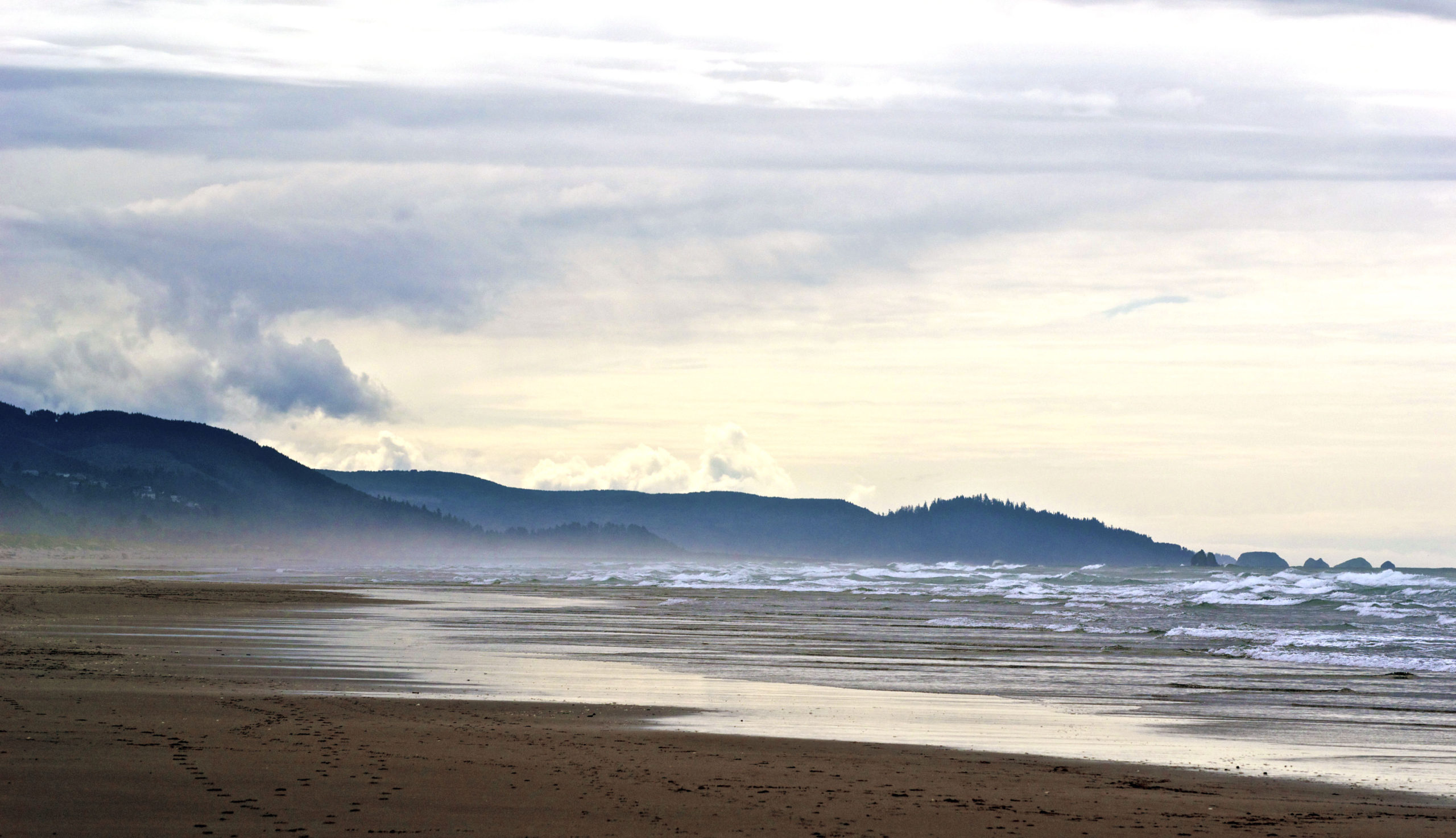A friend sent me a recent poem by Alison Mandaville, someone new to me. So I explored, jealous to discover the poet grew up in Portland, Oregon, Turkey, Massachusetts and Yemen – just think about the exposure to different cultures and languages. She teaches English at Fresno State University and translates Azerbaijani writers, among many other things. Can’t wait to read more of her work, which has appeared in Superstition, Fifth Wednesday, Skidrow Penthouse, 13th Moon, Seattle Review, Off the Coast, Berkeley Poetry Review, Poets Against the War/Best Poems, Knock, and Magma, among other places.
In any case, the poem I received was thought-provoking, but also too close for comfort given a recent loss of a maternal figure, since grief for a mother was percolating through her lines. (Here is a link, for those interested.) So instead I chose one of her poems that is a perfect antidote to our current heat wave, and even more so a timely reminder that we are on borrowed time. The poem is set in Willapa Bay, located within Pacific County, WA.
Lunch on Willapa Bay
The tide regains its purchase on the land—an economics
of sand. And oysters in the far and distant mud. The land
is almost eternal. And brown. The grays can pass for blues
until I lay open the village egg to yellow. Or come upon
the orange broken float fluorescing in the wrack. The kelp
is not a color I’d paint my house. And I have to paint my house
soon. One egg was hard to peel. The other smooth
as the dead seal before it starts to rot too much. The dip
of salt and pepper. I don’t know what to make of things
I’m missing. A brief shift of birds turns sideways
to the sea water mixed with river water. They catch
the scant March sun. Become visible. Then turn
as one thing—almost—wings shuttered against sight.
The earth will be fine said my friend, the geoscientist.
We could hardly meet each other’s eyes.
If matter is conserved, it’s not as us.
By Alison Mandaville
***
I did not want to interrupt the flow of language by integrating photographs into the enjambment, so some archival images are offered below, in order of appearance in the text.
The incoming tide

The oysters,

The eternal land

brown/grey/blue

Until the yellow egg appears (ok, photographic license… some yellow is present)

The orange float (with avian contender associated with things wrecked)

The kelp, in shifting colors.

The dead seal

The missing things, most likely swept away

The birds turned sideways,

A brief in unison

The earth will be fine.
The anthropocene is but a passing phase.

***
If the heat doesn’t relent soon, you will likely hear a madwoman at the shore of the sea.

Charles-Valentin Alkan was an interesting composer, a Parisian Jew, friends with Frédéric Chopin and Franz Liszt, who never quite made it. Myths about him abound, including the tale that he was crushed to death by a falling book case as he reached for a copy of the Talmud from the top shelf. Here is a perceptive and informative summary about the man and artist by Jack Gibbons, Alkan’s foremost musical interpreter who unearthed the music in the 1960s.

